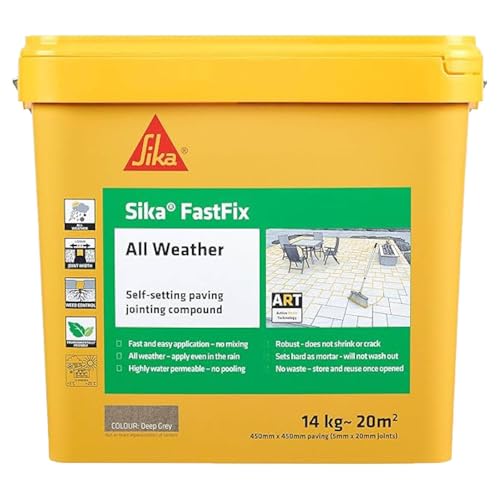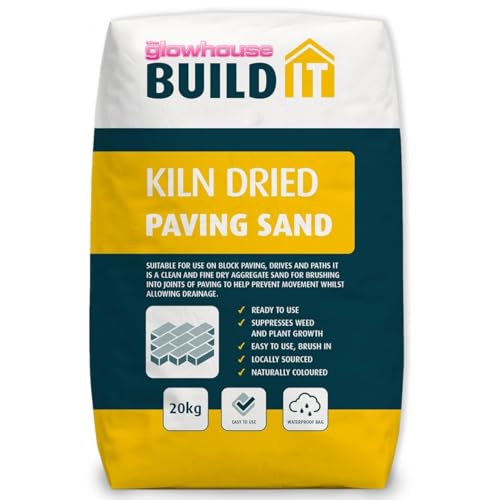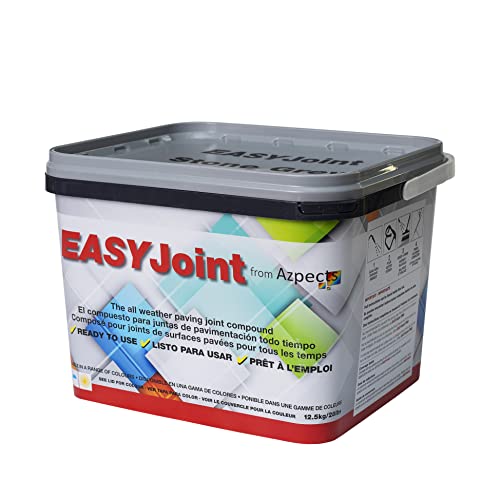How to stop weeds growing in block paving – 5 simple solutions for weed-free driveways, patios and paths
Chemical-free ways to keep them at bay

Sophie King
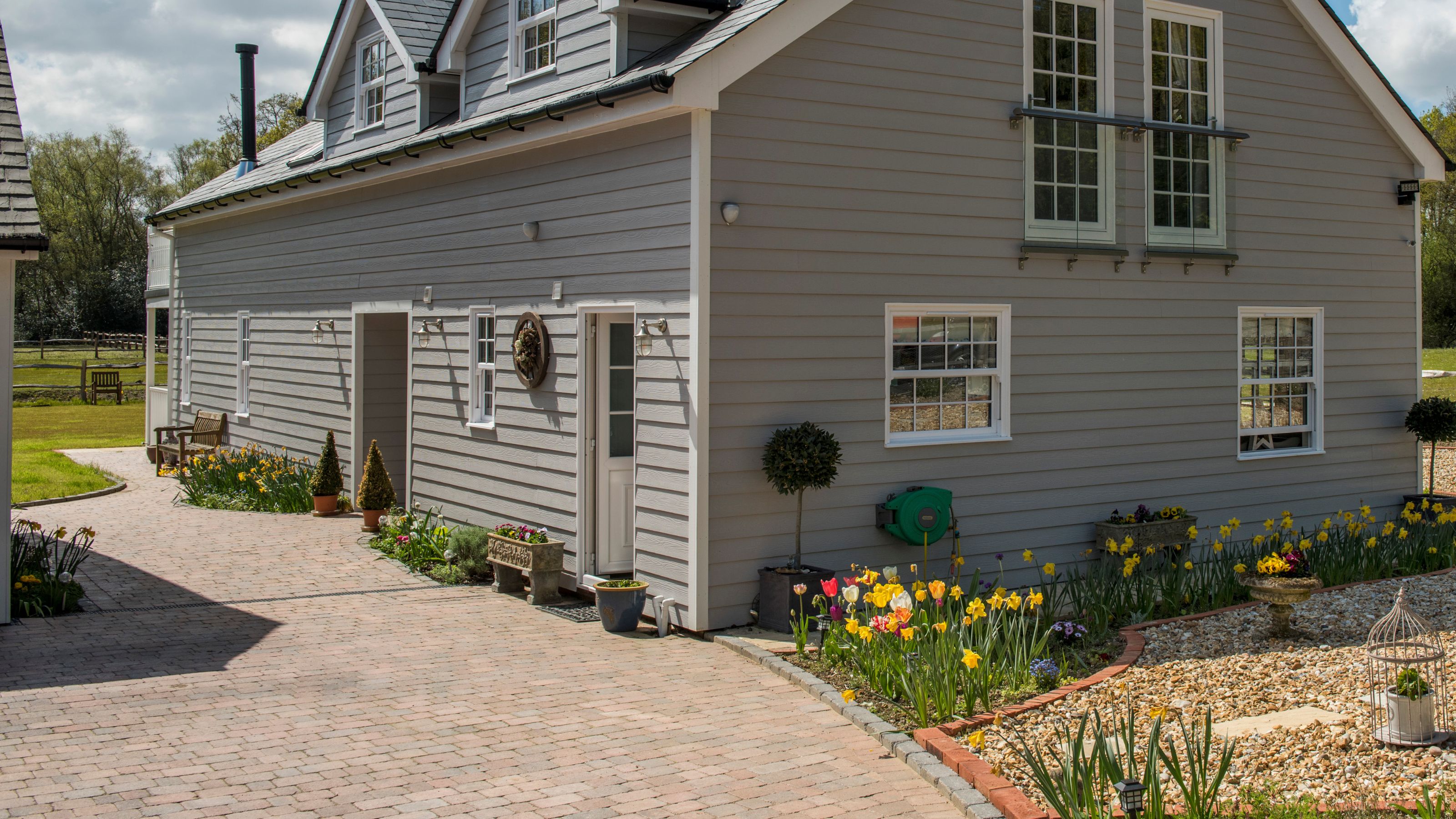
Sign up to our newsletter for style inspiration, real homes, project and garden advice and shopping know-how
You are now subscribed
Your newsletter sign-up was successful
Learning how to stop weeds growing in block paving isn't easy – just when you think you're on top of them, more peep through the gaps, and weeding can feel like an endless task.
Even if you know how to kill weeds, the job can get pretty boring after a while. And besides, as soon as you've learned how to remove weeds from a patio, another round appears.
So, whether you have block paving on a driveway, patio area or garden path, you're probably wondering how to stop weeds growing in block paving for good. The good news? We've enlisted the help of garden and patio experts and put together a guide to preventing them in the first place.
How to stop weeds growing in block paving
Weeds in block paving can be a real pain in the rear. Not only are they ugly to look at, but they can also cause a huge amount of damage if left to their own devices.
That’s why we’ve rounded up some natural remedies that will keep your block paving free of weeds and nasty chemicals.
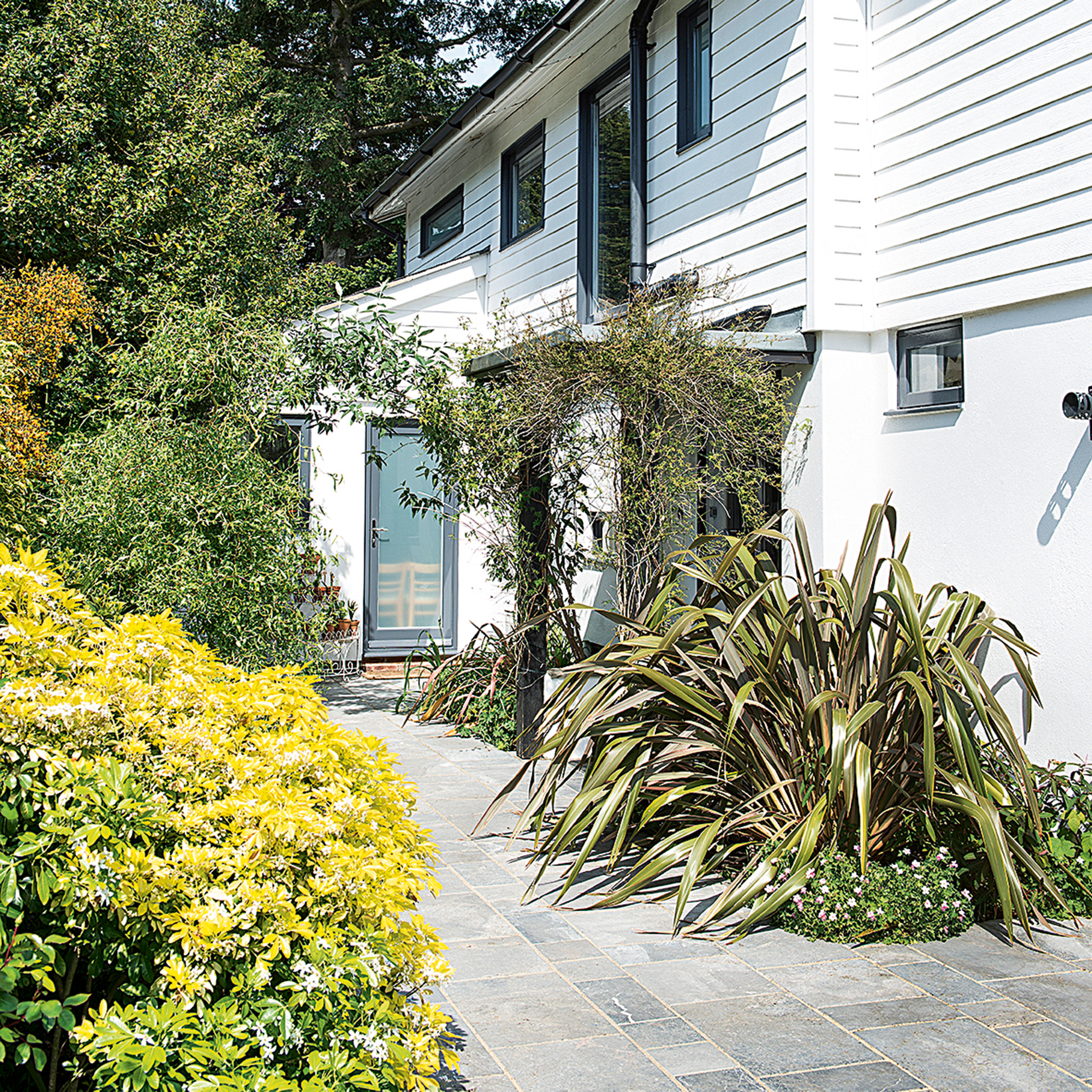
1. Clean after de-weeding
Before you stop weeds growing in block paving, you need to get rid of the weeds themselves. But did you know that pulling up weeds can actually cause even more to grow? That’s because weeds spread through their seeds, and pulling them up can dislodge these seeds and force them into the surrounding cracks in your block paving.
To prevent this from happening, it’s important that you clean your block paving after de-weeding – and there are a few different ways to do that.
Sign up to our newsletter for style inspiration, real homes, project and garden advice and shopping know-how
A simple sweep with a broom can do the trick, as this will brush away any seeds that may have fallen onto the block paving. But you could even go one step further and use one of the best pressure washers on the market to really get into the nooks and crannies of your block paving and remove any lingering seeds.
While you can usually clean block paving with a pressure washer, don't do it too often, as it could break down the mortar that keeps the blocks in place.
2. Sprinkle baking soda
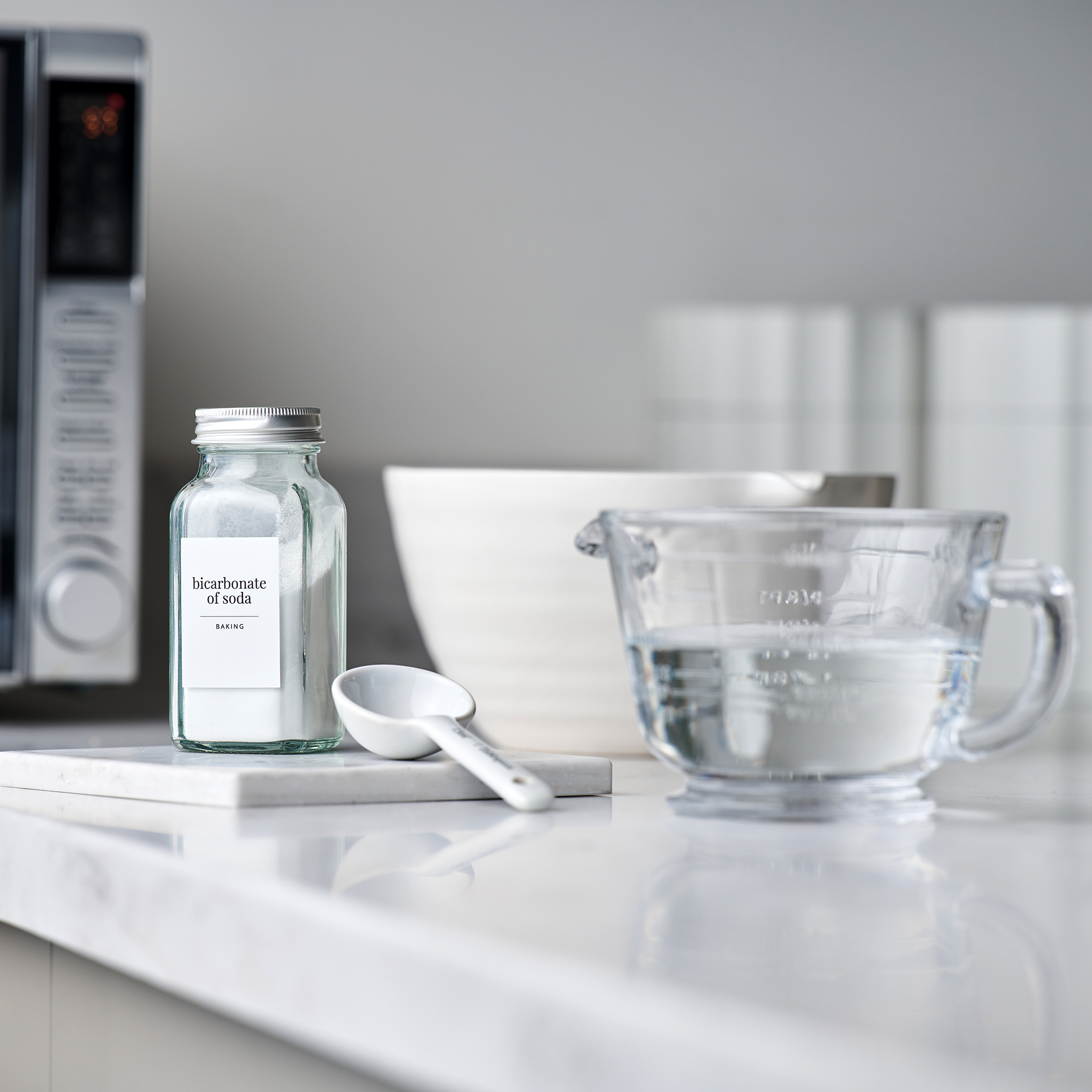
Although there are many things you should never clean with bicarbonate of soda, this store cupboard essential can work wonders if you want to know how to stop weeds growing in block paving.
Weeds hate baking soda, so if you've been wondering whether baking soda kills weeds, it's your best friend if you want to de-weed your driveway or garden and stop them from growing back. A mixture of baking soda and water will not only soften weeds but also kill them from the root.
'A soil with a high sodium content is an inhospitable environment for weeds and disrupts their ability to absorb nutrients and water from the soil,' says Josh Novell, garden plants expert and director of Polhill Garden Centre. 'The pH change also makes it very difficult for new weeds to establish themselves.'
Simply sprinkle baking soda on your block paving, pour some water over the top, and pull them out. Once you’ve done this, you should be weed-free for a little while.
It’s a good idea to use this as a preventative measure every month or so to ensure rogue seeds don’t sprout, but bear in mind that larger infestations will need multiple applications.
3. Use white vinegar
There are so many ways to use vinegar for cleaning, but there’s no doubt that white vinegar is a particular favourite of ours. And while you could shell out for chemical weed killer, why would you do that when you probably already have a cheap natural alternative in your kitchen cupboards?
‘Apply it directly on the weeds or target the areas where weeds are prone to grow,' advises Steve Chilton, garden expert at LeisureBench. 'White vinegar is better than using harsh chemicals as it's less likely to damage your paving stones while being equally as effective.’
You can even pour white vinegar and dish soap into a spray bottle and spritz your weeds.
'Mix equal parts white vinegar and water in a spray bottle, add a tablespoon of salt to help dehydrate the weeds more quickly, and several drops of dish soap to break down the waxy surface of the plant,' says Josh. 'Spray the solution directly onto the weeds, being careful not to soak nearby plants.'
The dish soap will help the vinegar stick to the weeds, ensuring the vinegar works its magic and kills them from the root. Then, just pull them out, or brush them away with a weed brush like the Newman and Cole long-handle weed brush, which we recently tested.
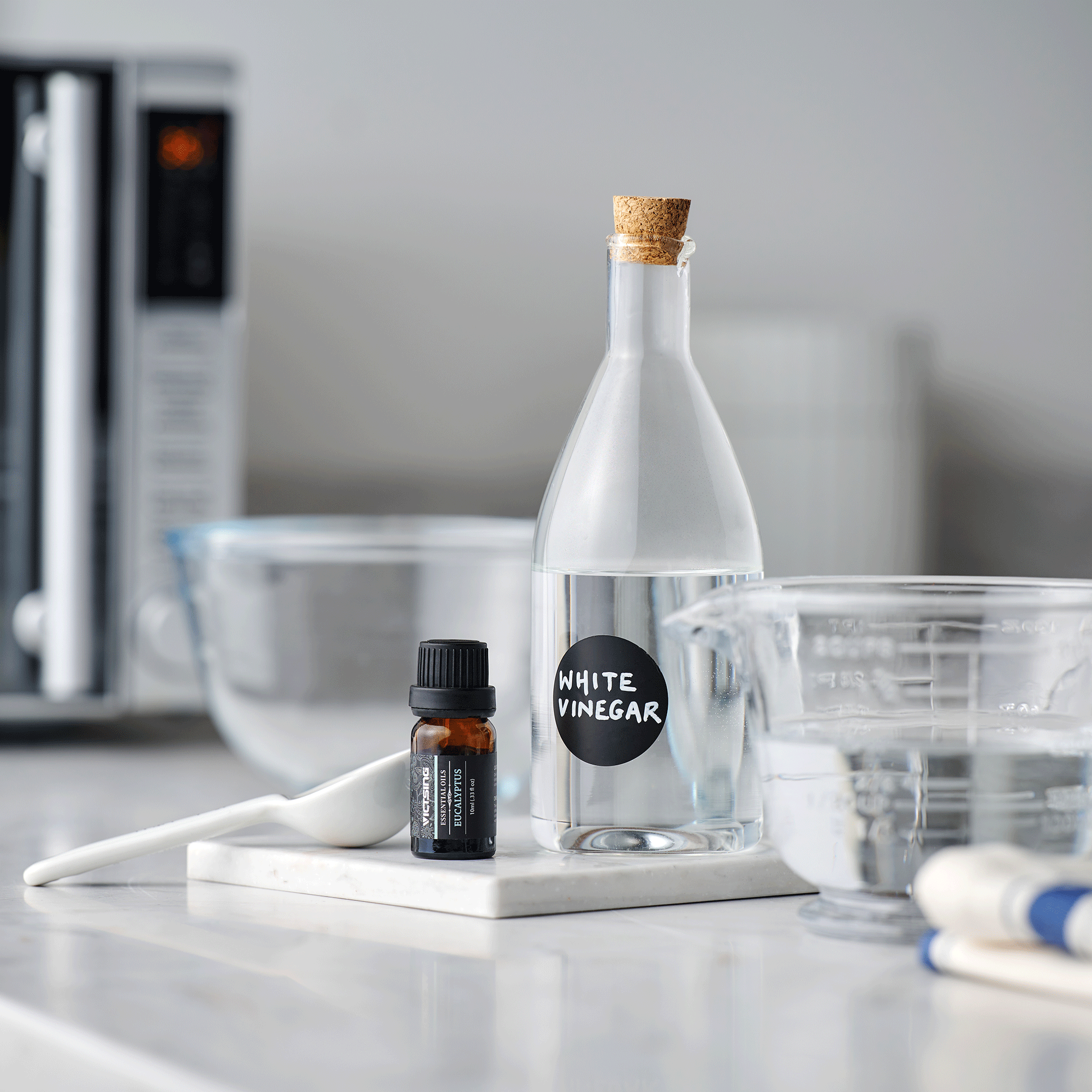

Steve is a passionate and knowledgeable garden expert with several years of experience within the field and has developed strong expertise for all things nature and plants. Steve is a keen educator and loves to share this knowledge with others. He strives to simplify complex garden practices and encourage eco-friendly gardening.
4. Use salt water
Block paving is a haven for weeds because the cracks in between the blocks offer the perfect growing conditions. If you want to learn how to stop weeds growing in block paving successfully, your job is to make it as undesirable as possible. And you can use salt water to do that.
Not only does salt kill weeds, but it also makes the area less desirable for weeds looking to spring to life.
By mixing together a 1:3 ratio of salt and water and pouring it down the cracks, you can kill any seeds that might sprout, as well as any weeds that are already starting to grow. However, it’s important to note that this isn’t a permanent fix.
To keep weeds at bay for as long as possible, aim to repeat this process every 3-4 weeks – and you might want to do a little top-up after it rains.
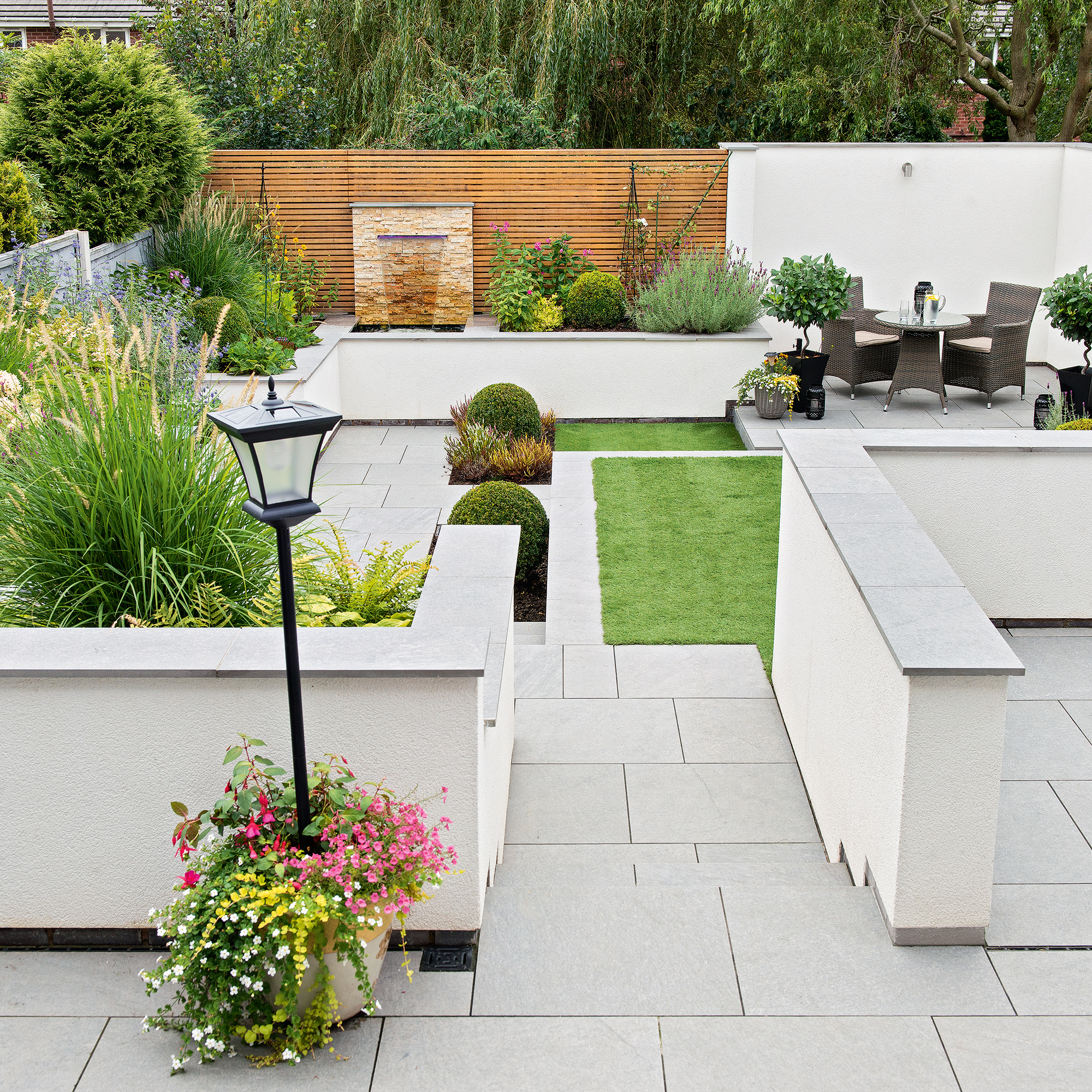
5. Re-seal your paving
If all else fails, it might be a good idea to look at the structure of your block paving. To form a barrier against weeds, consider sealing the gaps and joints – especially if you're noticing cracks and lumps of mortar are missing.
'You can use multiple products for this, including sand or specialised sealant that can be swept into the joints,' says patio paving expert Simon Wardle from Armstrong Cheshire.
Not just any sand, though – Simon recommends buying specific joint-filling sand. 'These are composed of nutrient-poor materials that make your driveway like a desert, discouraging growth.'
There are a couple of other properties to look out for. 'Make sure your sand or sealant is water-permeable before using it on your drive to ensure rainwater doesn’t pool and cause even bigger issues,' Simon adds.
Of course, always make sure you de-weed and thoroughly clean your block paving before you do this. Follow the specific instructions for the product you buy, you can rest easy knowing that you’ve done your best to stop weeds growing in block paving.
FAQs
How do you remove weeds from paving permanently?
Although we'd love to find a way to prevent weeds permanently, the ruthless plants will unfortunately always find a way into our block paving. However, there are a few methods that will do a good enough job.
'The best way to prevent weeds from growing back through block paving is to seal the joints,' says Simon from Armstrong Cheshire. And if you don't fancy sealing up your paving, you can try the above methods that will create a hostile environment for any prospective weeds, like baking soda and salt.
Failing that, the easiest way is to de-weed and clean your block patio on a regular basis to stop seeds from settling and sprouting between the gaps.
What is the fastest way to remove weeds from pavers?
The fastest way to remove weeds from block paving is, sadly, by hand. Pulling the weeds out on sight will help you keep on top of the area, and save you from having to deal with larger infestations later.
Of course, taking preventative measures will drastically cut down the amount of weeds that do appear, so consider the above methods to save yourself time in the future.
Hopefully, you now have all the tools you need to banish as many of those weeds as you can.

Lauren Bradbury has been the Content Editor for the House Manual section since January 2025 but worked with the team as a freelancer for a year and a half before that. She graduated with a Bachelor’s degree in English and Creative Writing from the University of Chichester in 2016. Then, she dipped her toe into the world of content writing, primarily focusing on home content. After years of agency work, she decided to take the plunge and become a full-time freelancer for online publications, including Real Homes and Ideal Home, before taking on this permanent role. Now, she spends her days searching for the best decluttering and cleaning hacks and creating handy how-to guides for homeowners and renters alike, as well as testing vacuums as part of her role as the Ideal Home Certified Expert in Training on Vacuums, having spent over 110 hours testing different vacuum models to date!
- Sophie KingGardens Editor
